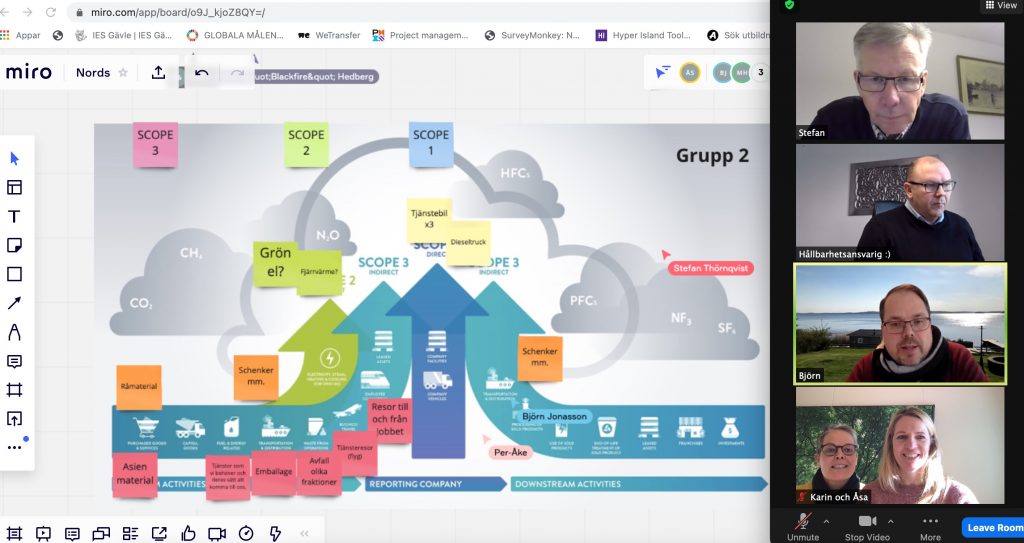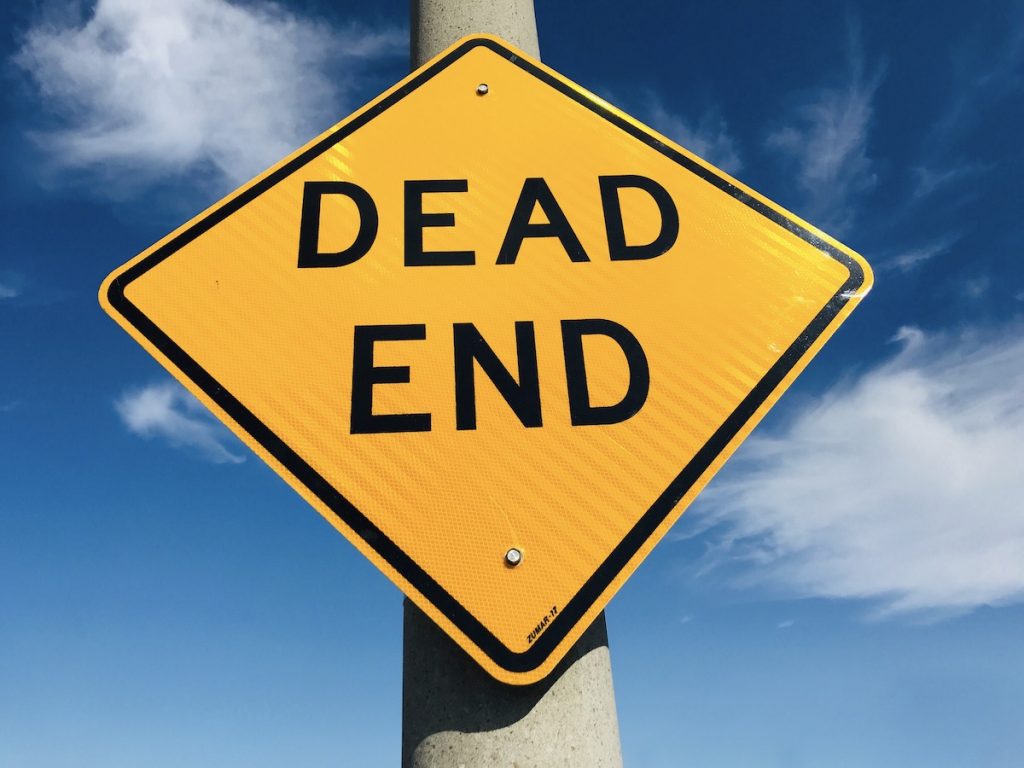Greta Thunberg often asks why we do not listen to research and take action for the climate. Swedish children are now joining young people around the world and are filing a law suit against the Swedish state for not doing enough to stop global warming. Like Greta, these children wonder why nothing happens. It must feel completely incomprehensible that adults are so totally unfocused and paralyzed to a fact that is so obvious.
So, why do we have such a hard time changing behavior and start doing what needs to be done? We discussed the structural issue in a regional context on Thursday and landed mainly in three answers:
- We have invested everything we have, can and know in the fossil and linear society: education, infrastructure, business models, partnerships, solutions, pride, career and security.
- We have built a society where everything has its place: where we live, where we have our industries, where we produce energy and where we have recreational areas with an unbroken horizon, completely without disturbing elements.
- The linear, fossil society is so problem-free. Or, at least, it has been until now.
In order for us to even come near the Paris Agreement’s two-degree target, even more so the 1.5-degree, we will need to basically throw our current world order overboard. Now, that’s rather hard and painful. Everyone struggles, more or less stubbornly.
Except for the children. They are just wondering: how hard can it be? They haven’t made all those investments, they aren’t stuck in the structures and just don’t understand why we cling like shipwrecked to the old world – why we continue to build ever wider highways, long for another sunny, vacational cerveza por favor, defend our amazingly ugly gas stations in the middle of towns, put asphalt everywhere and continue to emit amazing amounts of greenhouse gases in inexplicable ways. We just go on being unsustainable, because we’re good at it. Amazingly good.
The Fokus magazine interviewed people living next door to the controversial Bromma Airport. Many of them think that it’s better to live under a noisy approach route than to close the airport, as other problems might come with a closing. Traffic jams and new neighbors for example, who knows? We know what we have. Everything else is super hard to even start thinking about.
Same thing in Texas. You could imagine that the government there should start looking for more sustainable solutions to the fact that their energy system has collapsed in the cold. But no. Instead, they blame all problems on green climate policy, despite the fact that in principle all their energy comes from coal and gas. They cling, of course. That’s what they know. The old structures were so good… until they were put to the test. But still…
Nonetheless, it has become clear to most of us that we must stop clinging to the slippery slope of unsustainable behavior. Thankfully, companies, municipalities and countries are beginning to understand that they need to act in order to be relevant in the near future – and to be able to look their children in the eyes and say that we are doing everything we can. We understand this now because it’s starting to cost too much not to.
We have really exciting conversations going on with business leaders, municipalities and regions right now who have realized just that. With the help of creative, digital meetings, a completely new world order is taking shape. It is super hard for many, but also liberating and very, very hopeful.


